I need to check if a message sender is in a "special" list, to allow only special users to use some commands. I used IDFilter for it. But this "special" list may be changed, and I need these changes to be taken into account. But I found that IDFilter doesn't consider them.
File test.py:
from aiogram import Bot, Dispatcher, executor, types
from aiogram.dispatcher.filters.builtin import IDFilter
import config
bot = Bot(config.TOKEN)
dp = Dispatcher(bot)
@dp.message_handler(commands=['start'])
async def start_cmd(message: types.Message):
await message.reply(text='Hello!')
@dp.message_handler(commands=['secret'], user_id=config.mylist) # user_id - the simplest way to use IDFilter. Another way is like IDFilter(config.mylist), but put it before commands argument.
async def secret(message: types.Message):
await message.answer(text='Hello, this is a secret message only for ids in mylist!!!')
@dp.message_handler(commands=['clear'])
async def clear(message: types.Message):
config.mylist = []
await message.reply(f'Mylist is empty now: {", ".join([str(id) for id in config.mylist])}')
@dp.message_handler(commands=['add_me'])
async def add_me(message: types.Message):
config.mylist.append(message.from_user.id)
await message.answer(f'Your id was added to mylist: {", ".join([str(id) for id in config.mylist])}')
if __name__ == '__main__':
executor.start_polling(dp)
File config.py:
TOKEN = "<token here>"
mylist = [<my telegram id here>]
Here is the resulting bot:
So even though config.mylist was empty, IDFilter's verification was successful.
But if I use lambda message: message.from_user.id in config.mylist, the changes of the list are considered.
Why is this happening?
